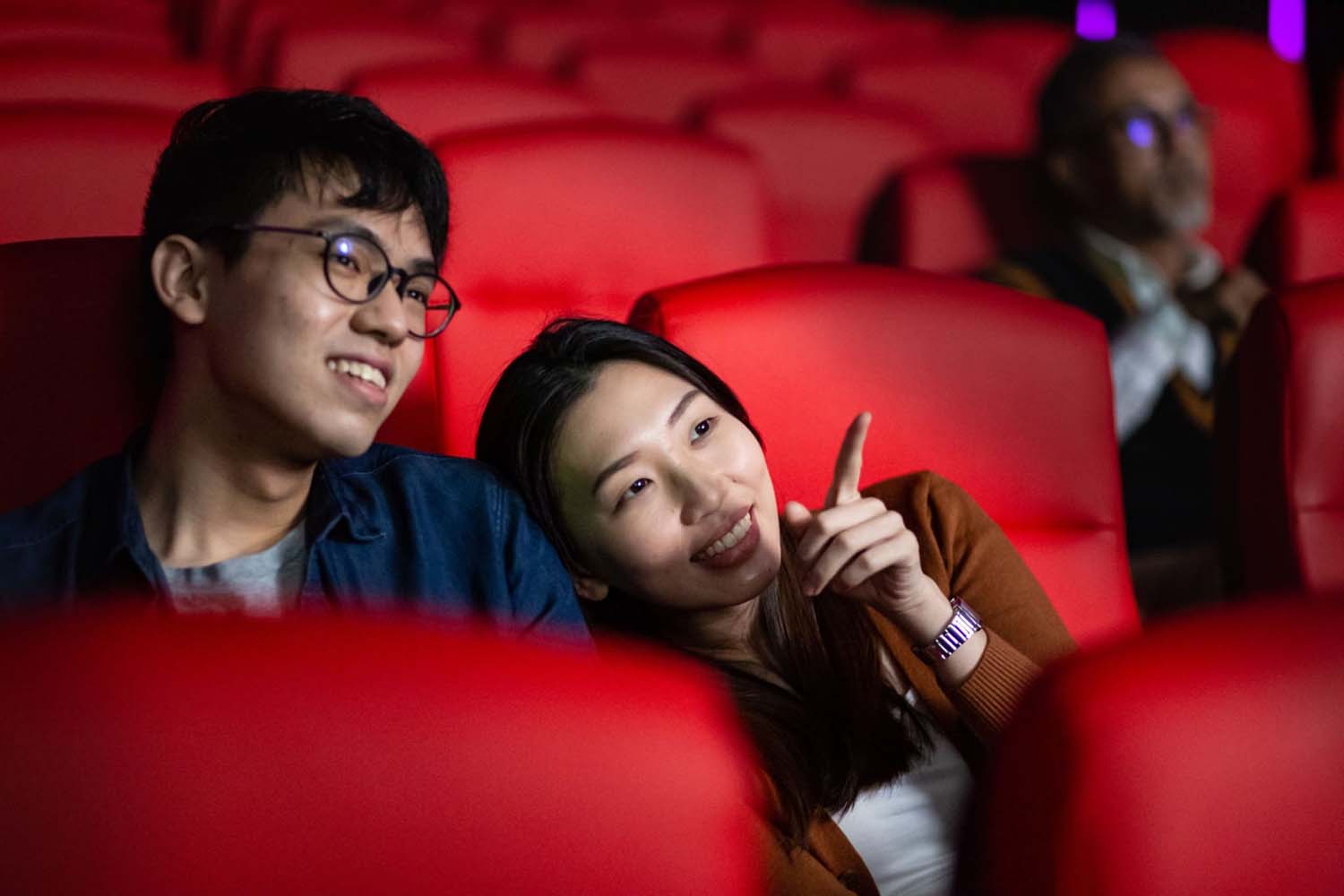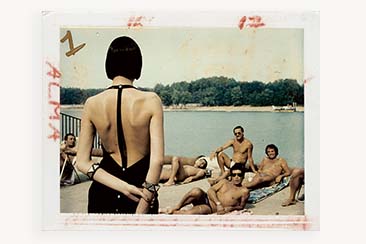It took a while for Asian cinema to become popular in the western mainstream. And that had nothing to do with the quality of the movies, which have been high-quality since the very beginning. The issue was the use of subtitles. That was a barrier that had to be overcome. Happily, it was. People these days have many fewer reservations about watching a movie with subtitles than they did in the past, and Asian cinema is all the better for it since audiences around the world can now watch and appreciate them.
Of course, Asian cinema had a powerful influence even before international audiences were watching. Some Asian movies were remade in Hollywood, while if you use a slots bonus deal like the ones promoted by oddschecker, you’ll likely come across a spins game that has very much been influenced by Asian cinema aesthetics. With Asian cinema having a moment, it’s likely that its influence will only grow in the coming years, too.
So how exactly have Asian cinema and television influenced the world? Let’s take a look.

Influence on Hollywood
The average person on the street may not have been watching Asian cinema, but those passionate about the craft most definitely were. You can see the influence of Asian cinema in a wide array of Hollywood movies. The classic Hong Kong movie, In the Mood for Love, had a significant impact on Sofia Ford Coppola’s Lost in Translation, which was one of the biggest movies of the noughties.
Quentin Tarantino was so inspired by the single-shot action sequence in the Korean movie Oldboy that he — and others — included similar shots in later movies. You can also see evidence of Bruce Lee’s Game of Death in Tarantino’s Kill Bill, where Uma Thurman’s character wears a similar outfit to the one Lee wore in the movie.
International Remakes
We mentioned earlier how audiences are more receptive to subtitled movies today than they were in the past. In earlier days, Asian movies still managed to make it onto screens in other parts of the world, just not in their original form.
In the absence of original ideas, Hollywood would remake Asian movies for domestic audiences. While many of these movies were soon to be forgotten, some became classics, almost to the point where domestic audiences didn’t even know that the movie was a remake. Some of the most popular remade movies include Internal Affairs, The Ring, A Dog’s Tale, and Hitch.

Influence on Games
Asian culture hasn’t just influenced games. It’s been part of the fabric games, especially in Japan, which is one of the world’s leading game producers. In particular, you’ll see the influence of the martial arts movies produced in the region, particularly in games such as Mortal Kombat and Street Fighter. The kung fu aesthetic is also found in slot games, arcade games, and smartphone games. There’s even been an entire genre of games based on the Japanese movie Battle Royale.
Fashion Influence
It’s not just the media world that Asian cinema has influenced. You’ll also see a significant influence in the fashion world, too, especially in recent years. Movies such as Parasite and Minari, as well as TV shows such as Squid Game, have been popular not only on screens but on fashion catwalks, too.
The costumes found in Asian cinema have breathed fresh life into fashion houses around the world, which have been drawn to the colourful use of varied textiles found on the screen. There’s been a growing demand across the globe for clothes from Asia’s up-and-coming designers as well as its more established luxury brands.
Symbiotic Relationship With the West
More could have been done in the early days of Asian cinema to promote its offerings around the world, especially in the United States. However, the main takeaway is that Asian cinema has always had a symbiotic relationship with the west. Korean filmmakers have been influenced by Hollywood directors and vice versa. It’s only now that both movie powerhouses are coming together to create joint features. And long may it continue.








